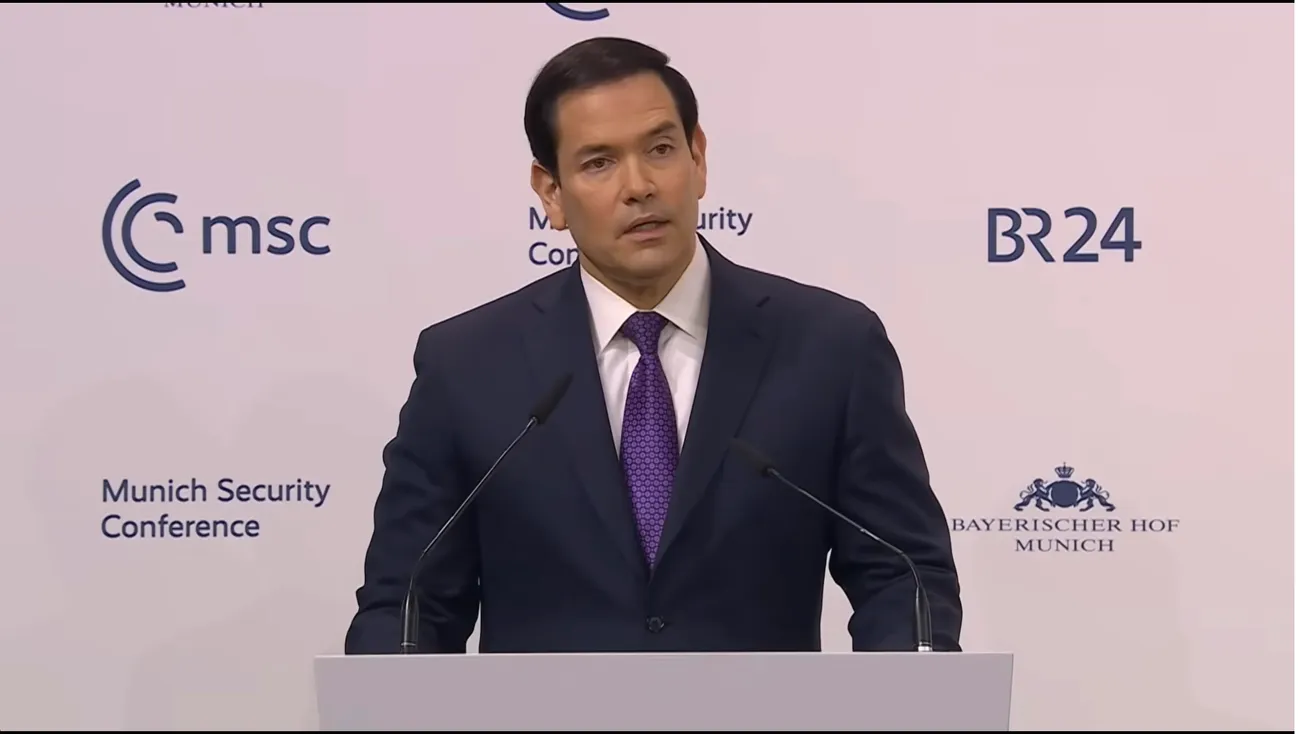Henry Kissinger, now 99 years old, is worried that the world has fallen into “disequilibrium.” In explaining this to the Wall Street Journal (on the occasion of the publication of his 19th book), he shows that he is sticking to his old balance-of-power outlook. Since the 1950s, the Journal reports, when he was a Harvard scholar writing on nuclear strategy, Mr. Kissinger has understood diplomacy as a balancing act among great powers shadowed by the potential for nuclear catastrophe. The apocalyptic potential of modern weapons technology, in his view, makes sustaining an equilibrium of hostile powers, however uneasy it might be, an overriding imperative of international relations.
“In my thinking, equilibrium has two components,” he says. “A kind of balance of power, with an acceptance of the legitimacy of sometimes opposing values. Because if you believe that the final outcome of your effort has to be the imposition of your values, then I think equilibrium is not possible. So one level is a sort of absolute equilibrium.” The other level, he says, is “equilibrium of conduct, meaning there are limitations to the exercise of your own capabilities and power in relation to what is needed for the overall equilibrium.”
Kissinger concedes that equilibrium, while essential, can’t be a value in itself. “There can be situations where coexistence is morally impossible,” he notes. “For example, with Hitler. With Hitler it was useless to discuss equilibrium—even though I have some sympathy for Chamberlain if he was thinking that he needed to gain time for a showdown that he thought would be inevitable anyway.”






